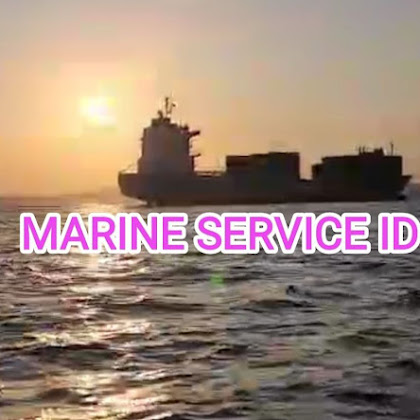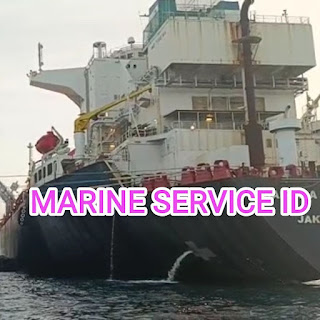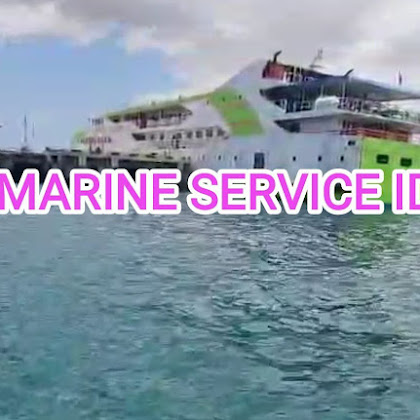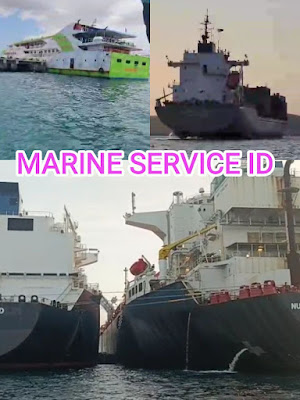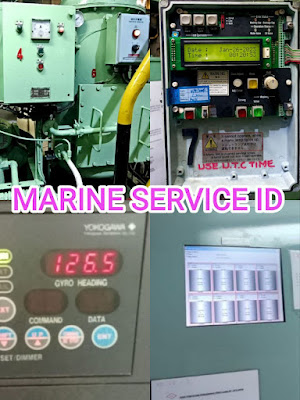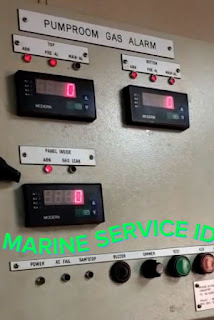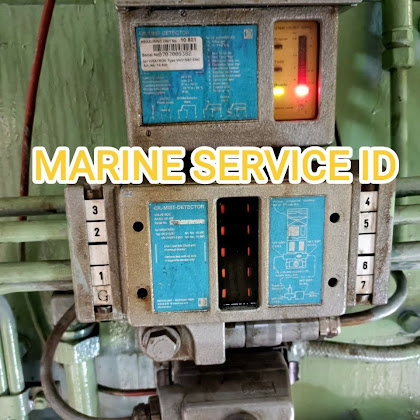Indonesia, with its sprawling archipelago comprising over 17,000 islands, is a maritime paradise. This Southeast Asian nation's marine services industry plays a pivotal role in its economy, catering to both domestic and international needs. In this time, we will delve into the diverse aspects of Indonesia's marine services, from shipping and logistics to tourism and conservation.
Shipping and Logistics
Indonesia's strategic location between the Indian and Pacific Oceans makes it a crucial hub for global trade. The country's marine services industry excels in facilitating the movement of goods through its extensive network of ports and shipping companies. Tanjung Priok in Jakarta, Tanjung Perak in Surabaya, Belawan in Medan and Soekarno Hatta in Makassar are some of the major ports that handle a significant portion of the country's import and export activities.
The Indonesian government has been investing heavily in port infrastructure to enhance efficiency and capacity, making it even more attractive for international trade. The marine logistics sector is well-developed, providing a seamless flow of goods within the archipelago and beyond.
Maritime Tourism
Indonesia's stunning marine biodiversity and natural beauty draw tourists from around the world. From the vibrant coral reefs of Raja Ampat and Bunaken to the serene beaches of Bali,Lombok and Komodo island, the country's marine tourism industry is thriving. Dive operators, cruise companies, and water sports providers contribute significantly to the economy.
Indonesia has also been actively promoting marine conservation through eco-tourism initiatives. This approach not only preserves the country's rich underwater ecosystems but also generates income and employment opportunities for local communities.
Marine Conservation
The vast marine ecosystems surrounding Indonesia are home to a diverse range of marine species, including endangered ones like the Sumatran tiger, orangutan, and various sea turtles. Recognizing the importance of preserving this natural heritage, the government and numerous non-governmental organizations (NGOs) have joined hands to protect marine environments.
Efforts are being made to combat illegal fishing, enforce stricter regulations on marine protected areas, and promote sustainable fishing practices. Initiatives like coral reef restoration and mangrove rehabilitation are also contributing to the conservation of Indonesia's marine ecosystems.
Challenges and Future Prospects
Despite its potential, Indonesia's marine services industry faces several challenges, including maritime safety concerns, environmental issues, and competition in the global shipping market. Additionally, the country needs to invest more in education and training to develop a skilled workforce in this sector.
However, the prospects for Indonesia's marine services industry remain promising. The government's commitment to infrastructure development, coupled with sustainable practices and responsible tourism, positions Indonesia as a prominent player in the global marine services arena.
MARINE SERVICE ID Indonesia Marine Service
For Business Inquiries, please click the link below :
Repair,Troubleshooting,Reprogramming,Certification & Calibration Services
Gas Detectors (Portable Single & Multi)
Gas Detection Systems (Fixed Gas,Gas Sampling & Pump Room)
Vapour Alarm System / Vapour Emission Control System
Combustible Gas Alarm Monitor
Toxic Gas Alarm Monitor
Oxygen Gas Alarm Monitor
Gas Detector Systems (Portable & Fixed)
Inert Gas System / IGS
Inert Gas Generator / IGG
Oil Discharge Monitor / ODME
Oil Content Monitor / OCM 15ppm
Oil Mist Detector / OMD
Oily Water Separator / 15ppm OWS
Fire Detection System
Main & Emergency LV Switch Board (MSB / ESB)
Power Distribution Board (MCC/GSP/UPS)
General Alarm System
Tank Level Gauging System
Bilge Level Alarm System
Navigational Light System
Alarm Monitoring & Control System
Thruster Controls Systems
Safety & Protection Generator Systems
Air Circuit Breaker (ACB)
UTI Sound Level Meter
Pressure Measuring Instruments
Pressure Transmitter
Pressure Switch
Temperature Measuring Instruments
Electricals Measuring Meters
Supply & Installation Services
Bilge Alarm Monitor for 15ppm OWS Oily Water Separator
Oil Discharge Monitor Equipments ODME
Tank High Level Alarm
Tank Overfill Level Alarm
Tank High High Level Alarm
Vapour Pressure Alarm System & Monitor Control
Span Gas for Gas Calibration
Visit the MARINE SERVICE ID Blogs, about our other Technical Services :
Ship Alarm Systems & Monitor Control Services and Supply

